Michelle Buteau’s memoir “Survival of the Thickest” offers readers a deeply personal, hilarious, and unapologetic journey through her life experiences as a comedian, actress, and woman navigating contemporary society. Throughout the book, Buteau tackles complex themes with her signature humor while delivering profound insights about self-acceptance, body image, relationships, and motherhood.
One of the most compelling aspects of Buteau’s storytelling is her candid approach to discussing body image. Growing up with a body that developed earlier than her peers, she eloquently describes the confusion and shame that society placed on her developing frame. “I wasn’t fat, but since I was bigger than everyone else, I was made to feel fat,” she writes, capturing the experience of countless women who have been made to feel uncomfortable in their own skin. Buteau challenges readers to reframe how we think about our bodies, suggesting we refer to “problem areas” as simply “human areas” – a revolutionary perspective that encourages self-acceptance rather than constant criticism.
Buteau’s honest portrayal of her fertility journey provides a raw look at the emotional rollercoaster many women experience when trying to conceive. After multiple miscarriages and unsuccessful IVF treatments, she and her husband turn to surrogacy – a decision that brings its own unique challenges. Her account highlights the insensitivity many people unwittingly display when discussing fertility issues, offering readers valuable lessons on how to support loved ones through similar struggles. The simple phrase she wished people had said – “I’m sorry you’re going through this. I can’t imagine what that’s like” – serves as a powerful reminder of how empathy, rather than solutions or judgments, is often what people need most.
The memoir also delves into Buteau’s experiences as a light-skinned Black woman in America, exploring the complexities of racial identity and the microaggressions she faces. Her remarkable ability to deliver devastating clapbacks when confronted with ignorance showcases her resilience and quick wit. From childhood encounters with racism to navigating the entertainment industry as a woman of color, Buteau’s experiences illuminate the ongoing challenges of racial bias while demonstrating how humor can sometimes be the most powerful weapon against prejudice.
Perhaps most moving is Buteau’s exploration of motherhood and family relationships. Her complicated relationship with her parents – particularly her father’s unique way of building her strength and her mother’s inability to provide the support she needed during puberty – illustrates how our upbringing shapes us. Later, as she becomes a mother to twins through surrogacy, Buteau reflects on what it means to parent in a way that encourages children to “question authority, even mine” and to know “their voice is valid.” These reflections offer powerful guidance for readers navigating their own parenting journeys.
Throughout “Survival of the Thickest,” Buteau’s voice remains authentically her own – bold, funny, and deeply vulnerable. Her ability to find humor in difficult situations while still acknowledging their emotional impact makes her story not just entertaining but profoundly relatable. Michelle Buteau doesn’t just survive – she thrives, showing readers how embracing our authentic selves, flaws and all, is the true path to happiness and fulfillment.
Babes in Bookland is more than just a podcast — it’s your go-to women’s memoir book club, brought to life through real conversations and raw stories.
Episodes
Join the Book Babe Circle
Subscribe now and thank me later

